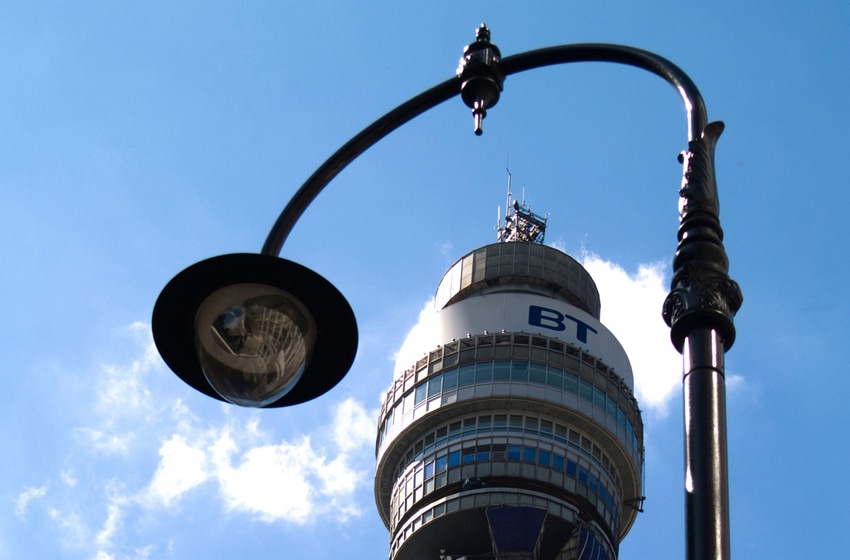Emergency services call handlers working for BT have carried out their threat to strike over pay.
October 7, 2022

Emergency services call handlers working for BT have carried out their threat to strike over pay.
Some 500 employees whose job is to answer 999 calls on Thursday joined the 40,000 BT and Openreach staff on the picket line. Further walkouts are planned for next week and later this month.
In a statement, the Communication Workers Union (CWU) once again blamed the situation on BT senior management’s refusal to enter into negotiations.
“Time and time again, we’ve asked for negotiations, only to be ignored by a senior management that could not be less interested in addressing the anger that exists in their workplaces,” said the CWU’s deputy secretary general Andy Kerr. “They need to wake up to the fact that BT Group workers are determined and united – and certainly won’t be giving up the fight to get the proper pay rise they deserve.”
The inclusion of 999 workers certainly ups the ante in this protracted and increasingly-bitter dispute, but for now, BT managers are holding firm on their original pay offer. The UK incumbent has implemented a £1,500 flat rate pay increase, effective from the start of April, which it said is equivalent to a 5 percent rise on average, and an 8 percent increase for its lowest-paid employees. However, the CWU argues that BT needs to offer more, on grounds that due to inflation and the cost of living crisis, £1,500 still amounts to a pay cut in real terms.
Despite multiple walkouts in August, BT hasn’t budged, arguing that their offer not only represents the highest pay increase for 20 years, but also that it cannot afford to make a more generous one.
The CWU isn’t having it though. Once again it pointed out on Thursday that BT chief exec Philip Jansen’s pay for this year will come in at a tidy £3.46 million, up from £2.63 million last year, which represents a rise of 32 percent. Similarly, CFO Simon Lowth has seen his remuneration go up by 25 percent.
The union described BT’s claim that it cannot afford to pay more to front-line staff as “rank hypocrisy”, and arguably the “biggest single contributor to CWU members’ disgust” with BT.
Meanwhile, the CWU’s announcement last month that 999 workers would join the strike earned it nothing more than a rebuke from BT, which described it as “a reckless course of action.”
The CWU clearly feels such action is necessary as part of its fight for members’ pay.
“We know a lot of our 999 operators, some of the lowest paid workers in the company, went into work reluctantly during the previous strikes because they wanted to support themselves and their colleagues – but, having done that, they now feel taken for granted,” claimed CWU president Karen Rose, in a statement on Thursday.
“The way the company has rewarded them for the seriousness with which they conduct their role is to not even bother to talk to the CWU,” she said. “They’re treating all of our members, but particularly those in 999, so disrespectfully that we simply have to draw the line.”
Unless BT or the CWU blinks – neither of which seems likely at the moment – the next strikes are due to take place on the 10th, 20th and 24th of October.
Get the latest news straight to your inbox. Register for the Telecoms.com newsletter here.
About the Author(s)
You May Also Like








.png?width=300&auto=webp&quality=80&disable=upscale)


_1.jpg?width=300&auto=webp&quality=80&disable=upscale)


.png?width=800&auto=webp&quality=80&disable=upscale)